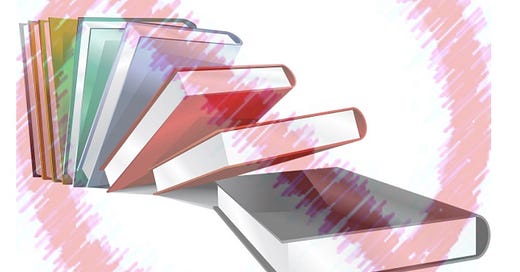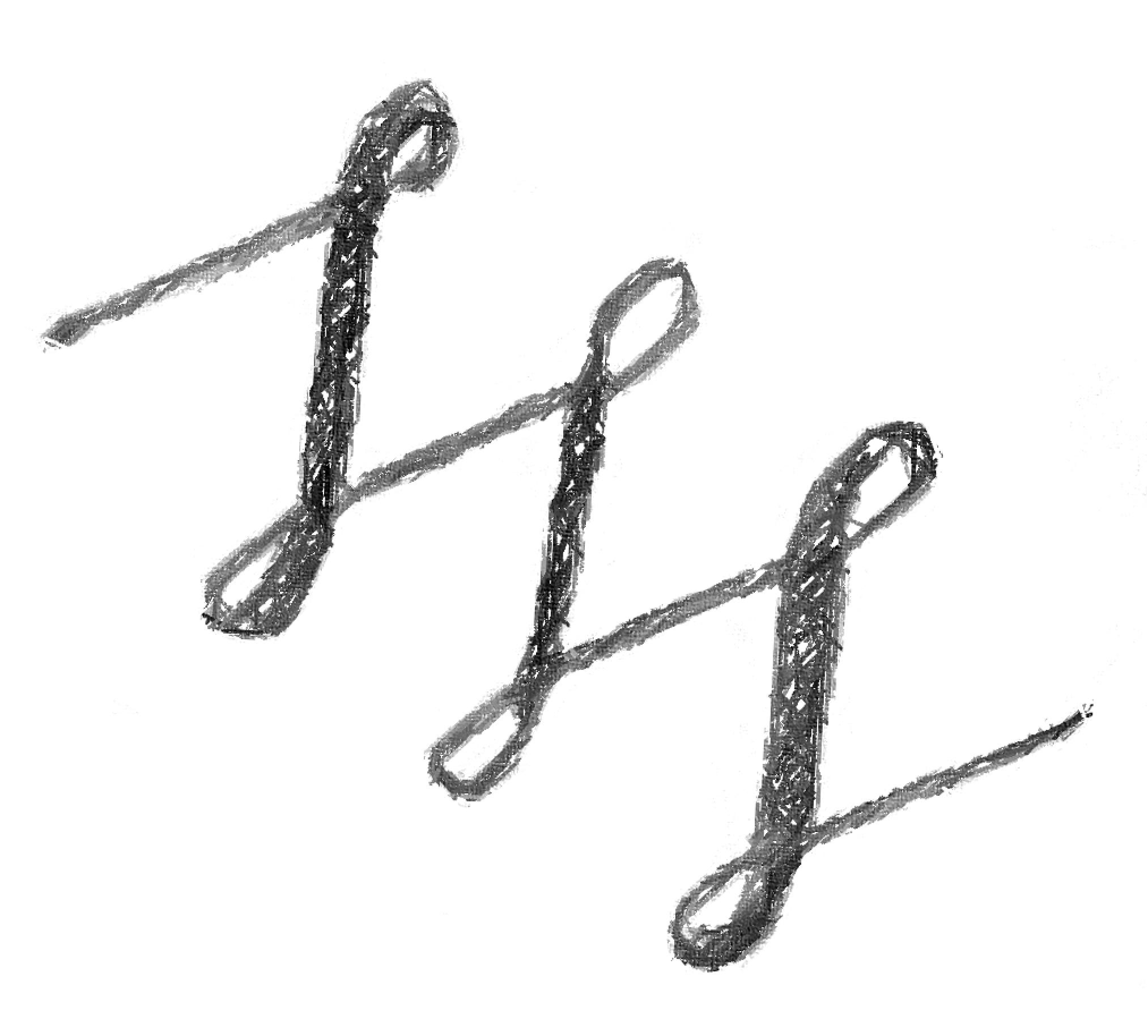Hi all,
Thank you for joining me for today’s song, “The Books That Are Banned”, by Kim Wallach. If you’d like to hear the song before you read the background, I’ve included a YouTube video below the article. Comments and questions are welcome. For Japanese students, vocabulary words in bold are provided in Japanese below.
The background/interview is written at a level of TOEIC of 550+, Eiken Pre-1, CEFR B2
The song: TOEFL (PBT) 450+, Eiken 2, CEFR B1
The Background
(683 words)
In this article, we have invited singer/songwriter and children’s musician Kim Wallach to join us for a short interview. She wrote the song for today, The Books That Are Banned.
To “ban” something means to not allow its use, to prohibit or to stop people from doing something. In many countries, advertising for cigarettes has been banned. Athletes who use drugs can be banned from sporting events.
Before we start, readers should have a little background on the issue.
In the U.S., some states ban books due to differing opinions on what's appropriate for students. Some people believe certain books have content that might be too mature or controversial for young readers. Others worry about specific ideas or perspectives that influence students in ways they don’t agree with. Some of the most famous books that have been banned are:
1984 by George Orwell
The Adventures of Huckleberry Finn by Mark Twain
The Catcher in the Rye by J.D. Salinger
The Color Purple by Alice Walker
The Great Gatsby by F. Scott Fitzgerald
I Know Why the Caged Bird Sings by Maya Angelou
Lord of the Flies by William Golding
Of Mice and Men by John Steinbeck
One Flew Over the Cuckoo’s Nest by Ken Kesey
To Kill a Mockingbird by Harper Lee
The Harry Potter books have also been banned in some parts of the U.S. because they refer to witchcraft and magic.
It's a complex issue involving concerns about values, culture, and the role of education in the way children think. There is a debate over what should be included in school libraries in order to make sure students have a safe and suitable learning environment, while also respecting different ways of thinking within the community.
The Interview
Louise: Thank you for joining us today, Kim. To begin with, tell us a little about your background. How did you start as a singer/songwriter?
Kim: I have loved songs all my life. Some of my earliest memories are of songs sung by my parents, or heard on the radio, the jukebox or recordings. I wrote my first song when on a trip to Jamaica with my family, after a scary trip across the island because our driver didn’t drive the way I was used to. I was maybe 14.
Louise: How did you start writing songs about social issues?
Kim: My mom worked for civil rights when I was a kid, and brought me to NAACP meetings with her. That was my first experience of the power of song to unite people and give them courage and solace in the face of scary opposition. People remember choruses, adapt verses to new situations. People sang in jail when they were there for no reason.
Louise: Why did you write the song, The Books That Are Banned?
Kim: It makes me furious that some people think they have the right to control what other people choose to read. I was encouraged by reading about students forming book clubs specifically to read and discuss books that had been banned. The first verse and chorus just came to me on a walk. I just kept working on it. I love to read, and it’s one of the ways we can learn about other places, other ideas, other customs. To limit that seems very dangerous.
Louise: I have to agree with you on that, Kim. The more we read, the more we understand about the world and, hopefully, we can think carefully about how we can make it a better place for everyone. Do you have a message for the readers of Social Issues in Song?
Kim: Songs can tell stories, use humor and beautiful and compelling melodies to capture and hold someone’s attention, even if that person disagrees with the idea in a song. The song can linger in memory, and maybe has more of a chance of changing someone’s mind than a speech or meme or article does.
Louise: Thank you, Kim, for your thoughts on songwriting and, in particular, on NOT banning books!
The Song
(285 words)
A band is a group of people who share a common interest. You probably know the word “band” when it refers to a group of musicians. “Band” can also be used for a “band” of pirates, or Harry Potter and his “band” of friends. A “mighty” band is a group with strong members.
Chorus
We are the band the mighty, mighty band / Of students who read books that are banned
Well, it wasn't what we planned, but now we think it's grand / To be reading all the books that are banned
To think something is “grand” means to think it is a good thing.
Oh, and thanks for the list, the long, explicit list / The list of the books that are banned
There's a few we might have missed if it wasn't for the list / The list of the books that are banned
Many of the stories are about bad people who are brought to justice, in other words, making sure that person understands what they did wrong and faces the consequences.
When you start to look, to look inside each book / On the list of the books that are banned
They're about evil crooks and the courage that it took / To fight evil that encroached upon the land
.
‘Cause it's plain as plain can be, it's no democracy / If government declares books to be banned
For to be truly free, choice belongs to you and me / About reading, even if the books are banned
.
If you don't read, you won't see just who's the enemy / It's those who ban the books that are banned
‘Cause they thrive on secrecy, and they're evil as can be / ‘Cause they're banning books that never should be banned
Questions:
What do you think about banning books?
Why do some people think books are dangerous?
VOCABULARY
mature 成熟した
controversial 物議を醸す
perspective 視点
influence 影響
NAACP 全米黒人地位向上協会/全国有色人種向上協会(ぜんべいこくじんちいこうじょうきょうかい/ぜんこくゆうしょくじんしゅこうじょうきょうかい、英: National Association for the Advancement of Colored People、NAACP)は、メリーランド州ボルチモアに本部を置く、アメリカ合衆国で最も古い公民権運動組織の一つ である。、エヌ‐エー‐エー‐シー‐ピー (definition found at https://ejje.weblio.jp/content/naacp#google_vignette)
solace 慰め
furious 激怒
compelling 説得力のある
linger 長引く
explicit 明示的な
justice 正義
consequences 結果
encroach 侵入する
democracy 民主主義
declare 宣言する
Sources
The most banned and challenged books of the past 8 years [updated]. The Most Banned and Challenged Books of the Past 8 Years | PlaygroundEquipment.com. https://www.playgroundequipment.com/the-most-banned-and-challenged-books-of-the-past-5-years/#:~:text=What%20Is%20the%20Most%20Banned,was%20George%20by%20Alex%20Gino. Accessed 7 Mar 2024.
You can learn more about Kim Wallach on her website: http://kimwallach.com/
Be sure to follow her on YouTube. She has many wonderful songs that are informative and easy to sing!
https://www.youtube.com/channel/UCNTsLKW5dcXhcmo5pPfq5ow







I'm glad Kim took that absurd dysfunction and ran with it. The ridiculousness of this measure in a country that values freedom above all else, cannot be overstated. Thanks, Kim, for bringing rhyme and reason to the issue (and to you as well Louise).